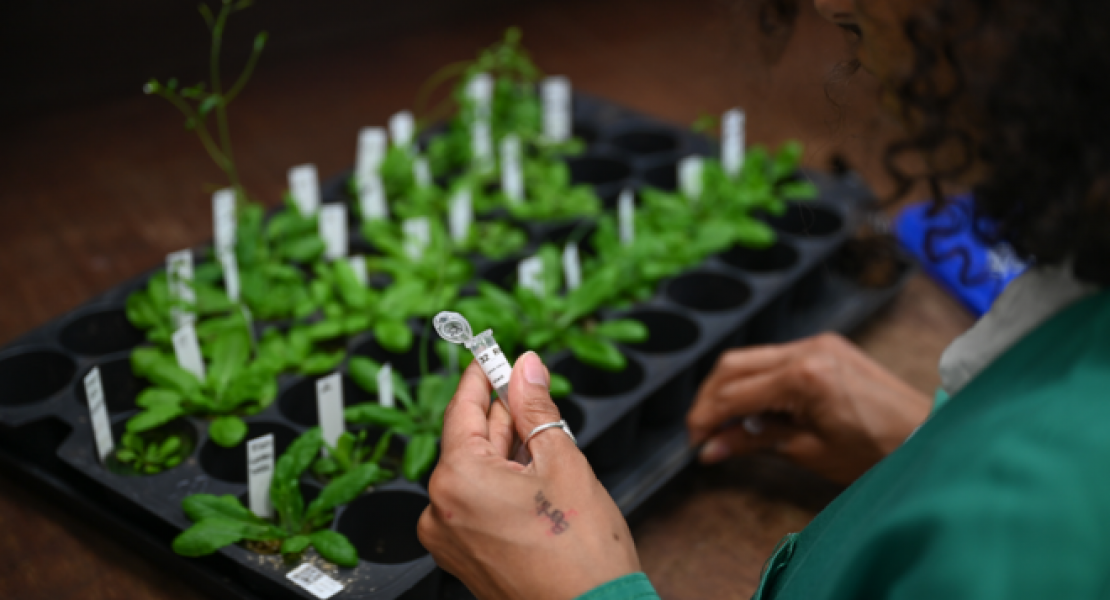At the VIB Department of Plant Systems Biology, UGent, Michael Karampelias and Pia Neyt together with Mieke Van Lijsebettens, and in collaboration with Geert De Jaeger and Jiri Friml, identified the ROTUNDA3 protein as a regulator of the protein phosphatase 2A-driven PIN-FORMED (PIN) recycling and revealed its importance in auxin transport-related plant developmental programs.
The polarity of PIN localization at the cell membrane is regulated by protein complexes, implying temporary internalization in the cell through vesicles and changes in the activity state. PIN proteins actively transport the plant hormone auxin, of which the directionality, referred to as polarity, steers developmental processes throughout the plant’s life cycle.
Mechanistic insight into the function of the RON3 protein was obtained by combining and integrating a number of up-to-date technologies in map-based cloning, genetics, cell biology, protein purification, in addition to extensive phenotyping over the entire lifecycle of the plant and in response to hormonal and gravitropic stimuli.
Publication
- Log in to post comments
